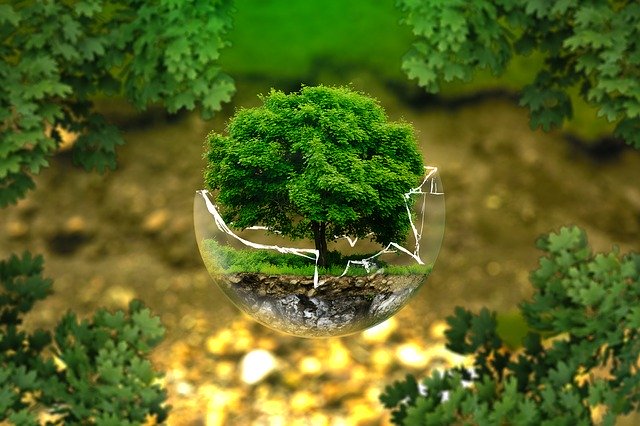
The impacts of environmental pollution are becoming impossible to avoid. Many businesses, organizations, and governments have been implementing changes for the better, but it is unclear what they can do for an ordinary citizen. It is said that doing one small thing for the environment has more than 5 times the regular effects. More specifically, doing little things can have a positive impact on our environment. There are small things that we can do that can have a big impact on the situation collectively. Below are some simple ways an ordinary person can help in reducing pollution and improving the environment.
Join a Cleanup
 One of the easiest ways in helping to reduce pollution is to join a nearby local cleanup. Beach cleanups are normal in towns near the coast, and they are normally held on a regular activity program and is hosted by environmental or local park organizations. Usually, it is free to join, and cleaning supplies are provided for volunteers. For people who live further away, various cleanups delegate a group of people to clean up a specific street for some time.
One of the easiest ways in helping to reduce pollution is to join a nearby local cleanup. Beach cleanups are normal in towns near the coast, and they are normally held on a regular activity program and is hosted by environmental or local park organizations. Usually, it is free to join, and cleaning supplies are provided for volunteers. For people who live further away, various cleanups delegate a group of people to clean up a specific street for some time.
Plant a Rain Garden
A rain garden is an elegant way that one can do in helping the environment because of the many benefits it can provide. A rain garden can filter stormwater, remove standing or stagnant water on your yard, create a habitat for butterflies and birds, and offer an aesthetic appeal and beauty to the landscape. Plants and dirt are tools that nature utilizes in filtering water. Impermeable surfaces like concrete and roads make filtering water naturally challenging. Rain gardens are a natural option in filtering dirty or polluted water.
Participate in Tree Planting
 Organizations and cities host tree planting or work parties. This is when a group of people gathers together to restore or maintain a portion of land. They extract invasive plants, and they usually plant native trees that grow naturally in the habitat. This activity does not require too much workforce since the trees are fairly small. Normally, the group can work quickly since many people are working to plant trees.
Organizations and cities host tree planting or work parties. This is when a group of people gathers together to restore or maintain a portion of land. They extract invasive plants, and they usually plant native trees that grow naturally in the habitat. This activity does not require too much workforce since the trees are fairly small. Normally, the group can work quickly since many people are working to plant trees.
Avoiding Single-Use Plastics
Single-use plastics are used primarily because of their convenience rather than a necessity. They are important for medical reasons but not generally the case for single-use plastic bags, straws, lids, wrappers, cups, and bottles. These items are replaceable nowadays by reusable alternatives and can reduce the carbon footprint and combat pollution by keeping them away from water and landfills. Single-use plastics affect marine life, wildlife, and sea birds. We must consider using reusable containers compared to single-use plastics.
